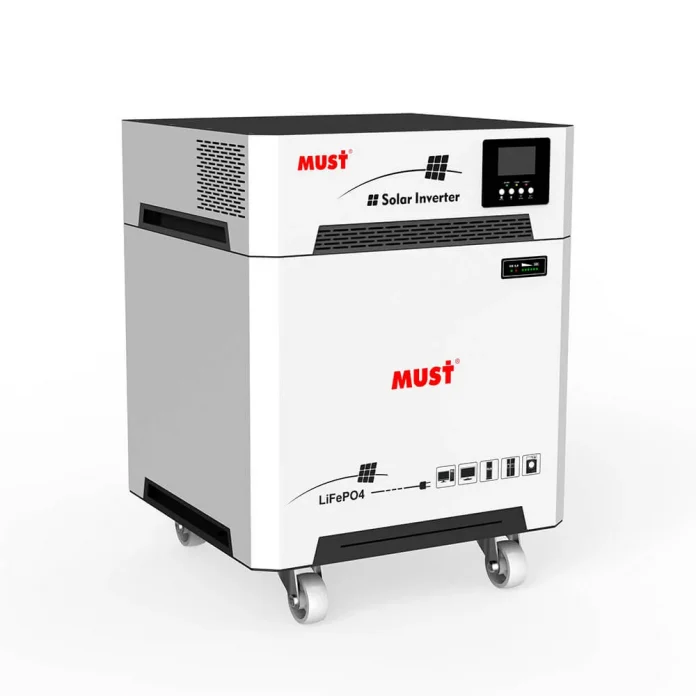Lithium-ion batteries have emerged as one of the most popular choices for energy storage in modern times because of their high energy density, low maintenance requirements, and extended lifespan. These strong and efficient batteries are swiftly displacing traditional batteries in inverter applications, causing a sea change in the energy storage industry.
But what exactly is lithium ion battery for inverter? And why it is considered an excellent choice for inverter applications. This blog post will provide in-depth information regarding lithium ion batteries and how they might enhance your energy storage plan.
Understanding Lithium ion Batteries
In the electrochemistry of rechargeable lithium ion batteries, lithium ions are essential. Anode and cathode are present in every battery cell together with electrolyte. Lithium ions transport via the electrolyte from the cathode to the anode during battery charging. Furthermore, they migrate back to the cathode during discharge, and the process reverses, allowing them to produce energy there.
High energy density, or the ability to store a lot of energy in a small space, is one of the main benefits of lithium ion batteries. They are thus ideal for usage in portable technology, like laptops and phones. Some of its most important benefits are a long lifespan, rapid charging and discharging rates, and safety features.
Lithium ion battery for inverters have a much higher density compared to traditional storage options. This allows them to store more energy in a smaller volume. In addition, these batteries have a longer lifespan, faster charging and discharging rates, and require less maintenance. Lithium ion batteries are a great option for inverter applications because of all these elements. This emphasises the value of dependable and effective energy storage.
Benefits of Lithium Ion Batteries for Inverter Applications
There are several advantages to employing lithium ion batteries for energy storage in inverter applications. Some of the most important advantages of lithium ion battery for inverters are:
- They can store more energy per unit of weight and volume than other battery technologies. It is primarily because they have a high energy density.
- The longevity of lithium ion batteries is another benefit. They can survive for ten years or longer with the right upkeep.
- Lithium ion battery for inverters also has quick charging and discharging rates. This allows them to swiftly supply power when needed.
- Finally, lithium ion batteries contain several built-in safety mechanisms, such as overcharge and over-discharge prevention.
Choosing the Right Lithium Ion Battery for Inverter
There are various things to consider when choosing a lithium ion battery for inverter. Here are some of the most important ones:
- Make sure the battery you select is compatible with your inverter primarily. Checking your inverter’s voltage and capacity requirements is necessary.
- Along with these factors, you should consider the battery’s size, weight, capacity, and discharge rate.
- Finally, it is critical to pick a trustworthy lithium ion battery brand and model. Choose batteries from reputable companies with a history of success.
Conclusion
Finally, expanding your energy storage capacity with a lithium ion battery for inverters is an excellent way to improve efficiency, reliability, and safety. One should consider things like compatibility, size, weight, capacity, and discharge rate when choosing a lithium ion battery for inverter.
Lastly, when looking for a lithium battery for inverter, consider Luminous, a reputable supplier of dependable inverters for several applications. You can rely on Luminous to give you a top-notch appliance that will deliver dependable energy storage for many years to come.



